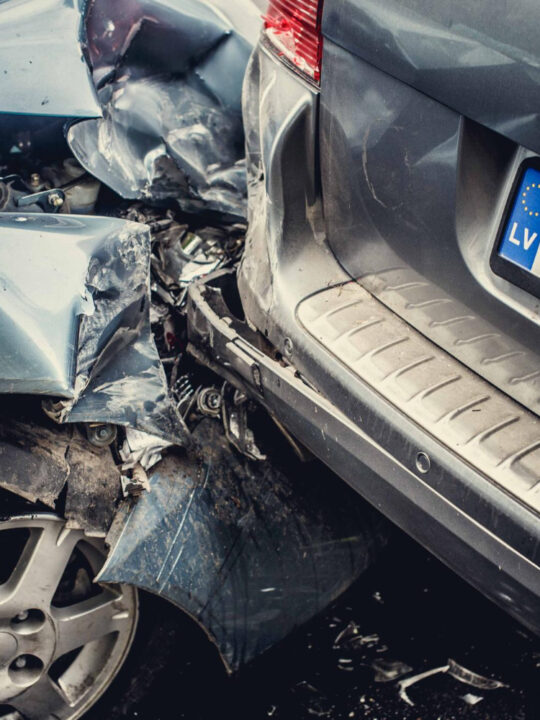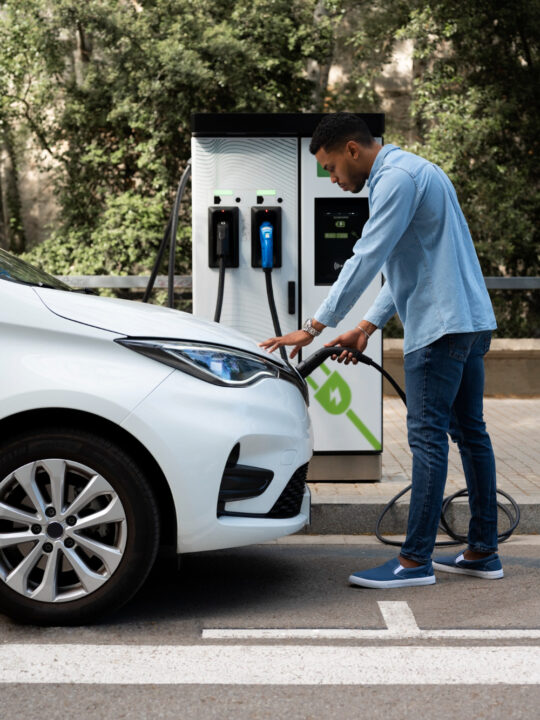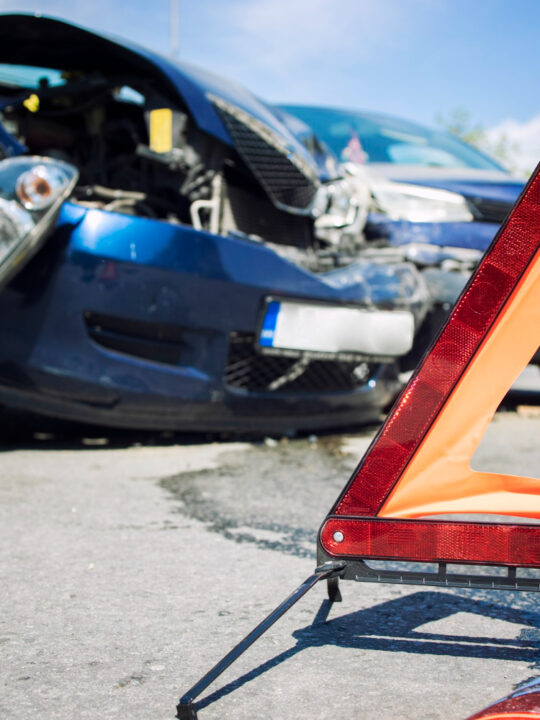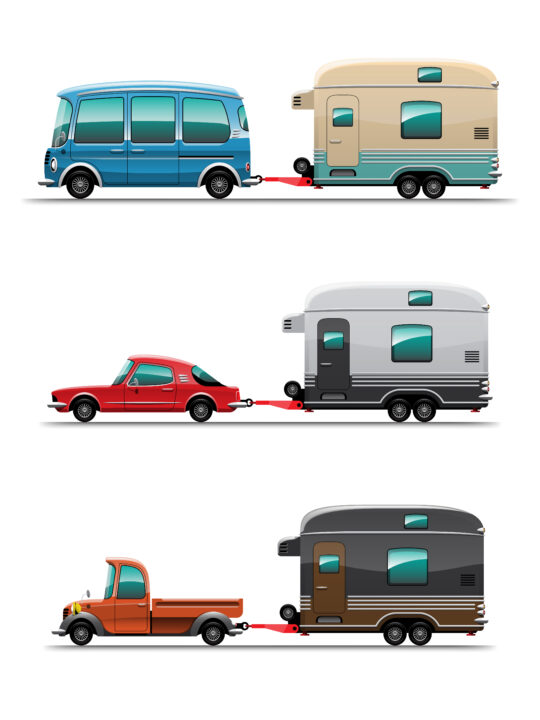 Most people spend years on the road without even seeing a car accident. It could never happen to them, right?
Most people spend years on the road without even seeing a car accident. It could never happen to them, right?
Unfortunately, car accidents happen much more that you would think. Reports show that there are 6 million car accidents in the United States every year. If you don’t know what to do if it happens to you, it’s going to be hard to learn everything you need when you’re in the moment.
Even though you might be jarred after your car accident, there are still a few things you need to get done. Below are seven steps to take in your car accident aftermath.
Table of Contents
1. Make Sure Everyone Is Uninjured
Your health is your first priority after any car accident. Before doing anything, check to make sure that you didn’t suffer any injuries because of the impact.
If you’re hurt, call 911 immediately. Depending on how severe your injury is, it’s smart to stay still and not move much. Any movement you make could aggravate your injury and make things worse.
If you or any of your passengers aren’t injured, make sure to check on the other driver. Help anyone that needs assistance and call emergency services if anyone is hurt.
2. Move Vehicles and People to Safety
The road is a dangerous place to linger. Once you make sure everybody is safe, you need to move to safety as soon as possible.
Start with your vehicles. Move any vehicles that are drivable to the side of the road. If any of the cars can’t be moved, don’t worry about it and leave it on the road.
Make sure your vehicles have their blinkers on. Doing this will inform drivers on the road that there is a problem and to be careful.
Once all vehicles that can be moved are in a safe spot, get everybody off the road that doesn’t need to be there. Try to stand as far as you can from the side of the road. You never know when another driver will make a mistake and make things worse.
3. Get the Police Involved
It doesn’t matter if you’re involved in a fender-bender or a severe accident. You need to call the police whenever you’re in a car accident.
Even if your state doesn’t have a law that requires a police report, it’s still smart to get one. You can send your police report as part of your evidence to your insurance company.
Some states might not send police to the accident location if the crash wasn’t serious. Don’t let this deter you from filing a report. You can do this at both your BMV and local police station.
Make sure you know how long you have to make a report. Many locations only give you a few days to do so.
4. Gather Your Documentation
You need to gather as much information as you can about the accident. Every detail you can get will help your case.
Start by getting information about the other driver. This information includes their name, driver’s license, license plate, and insurance information.
Once you have the other driver’s information, take as many pictures as you can. Detail the damage that all vehicles involved in the accident received.
If the accident happened in a busy part of town, the chances are there were witnesses. If you can safely look around for people who saw the crash, try to get a statement from them.
5. Talk to Your Insurance Company
If you plan to file a claim with your insurance company, they will be who you need to talk to. Give them a call once you leave the accident scene so you can get the process started.
If you plan to file a claim against the other driver, you’ll need to give their insurance provider a call. They will provide you with all the forms you need to fill out. Of course, you still need to notify your provider that there was an accident, and you’re starting a claims process.
If you’re unsure if you have all the information you need, don’t be afraid to call your insurance company while you’re at the scene of the accident. They will tell you everything you need to get your claim filed.
6. Document What Happens After Your Claim
The claim process isn’t complete after you submit the paperwork with the insurance company. Things can change from the time you file to the time they make their decision.
The biggest thing to watch is your medical treatment. Your insurance claim needs to cover all your expenses. Keep track of any time off work, medical travel, and medical expenses.
Send all this information to your insurance company. The quicker you get them the latest information, the faster the claim process is going to be.
7. Respond to Your Claim Decision
Once you get your claim decision, there are a few decisions you need to make.
The first is whether or not to accept the settlement. There are times where an insurance company will come back with a quick offer. Don’t jump to accept this offer too quickly.
An insurance company will try to pay you as little money as possible. If you don’t like what they have to offer, you do have options. You can reject their settlement to try and get the amount you deserve.
In cases like these, you might not be able to handle things yourself. Find lawyers specializing in auto accidents to represent you. They have handled situations like yours before, so they can help get you the settlement you need.
Don’t Lose Focus During Your Car Accident Aftermath
Things can get hectic in a car accident aftermath. Make sure to keep calm and follow the car accident tips above for when you file a claim with the insurance company. The more information you can provide on your insurance claim, the better the chance you have of winning your case.
If you find yourself in a legal situation because of your crash, you need to find a great attorney to help. Head back to our blog to learn how to find the right person for the job.







